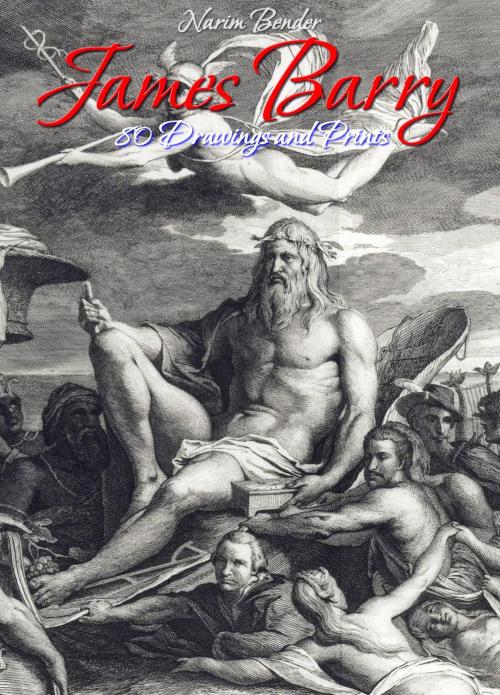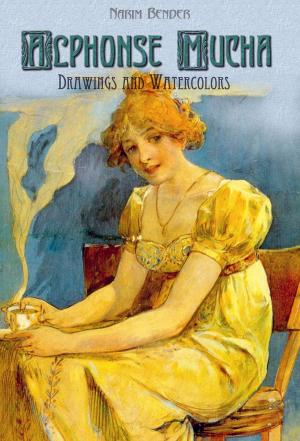James Barry:80 Drawings and Prints
Nonfiction, Home & Garden, Crafts & Hobbies, Art Technique, Drawing, Art & Architecture, General Art| Author: | Narim Bender | ISBN: | 9782765912156 |
| Publisher: | Osmora Inc. | Publication: | March 17, 2015 |
| Imprint: | Osmora Inc. | Language: | English |
| Author: | Narim Bender |
| ISBN: | 9782765912156 |
| Publisher: | Osmora Inc. |
| Publication: | March 17, 2015 |
| Imprint: | Osmora Inc. |
| Language: | English |
James Barry (1741 – 1806) was Irish born painter, best remembered for his six part series of paintings entitled The Progress of Human Culture in the Great Room of the Royal Society of Arts. He is noted for being one of the earliest romantic painters working in Britain, and one of the most important Irish Neoclassical artists.
Largely a self-taught artist, Barry in 1763 attracted the patronage of his Irish compatriot Edmund Burke, who funded Barry’s stay in Italy from about 1766 to 1771 to study the Old Masters. Barry then returned to England and rose rapidly in his profession, becoming a member of the Royal Academy in 1773 and obtaining the commission to decorate the Royal Society rooms in 1777. The latter project occupied him until 1783. Barry was professor of painting at the Royal Academy from 1782 to 1799, but he died in poverty.
Barry was an exponent of the “grand style” of Sir Joshua Reynolds; hence, he drew the subject matter for his ambitious figurative compositions from classical antiquity and from literary works. Stylistically, however, his linearity and undulating forms brought him closer to the work of the leaders of the English Neoclassical style, the sculptor John Flaxman and the poet-painter William Blake.
James Barry (1741 – 1806) was Irish born painter, best remembered for his six part series of paintings entitled The Progress of Human Culture in the Great Room of the Royal Society of Arts. He is noted for being one of the earliest romantic painters working in Britain, and one of the most important Irish Neoclassical artists.
Largely a self-taught artist, Barry in 1763 attracted the patronage of his Irish compatriot Edmund Burke, who funded Barry’s stay in Italy from about 1766 to 1771 to study the Old Masters. Barry then returned to England and rose rapidly in his profession, becoming a member of the Royal Academy in 1773 and obtaining the commission to decorate the Royal Society rooms in 1777. The latter project occupied him until 1783. Barry was professor of painting at the Royal Academy from 1782 to 1799, but he died in poverty.
Barry was an exponent of the “grand style” of Sir Joshua Reynolds; hence, he drew the subject matter for his ambitious figurative compositions from classical antiquity and from literary works. Stylistically, however, his linearity and undulating forms brought him closer to the work of the leaders of the English Neoclassical style, the sculptor John Flaxman and the poet-painter William Blake.















